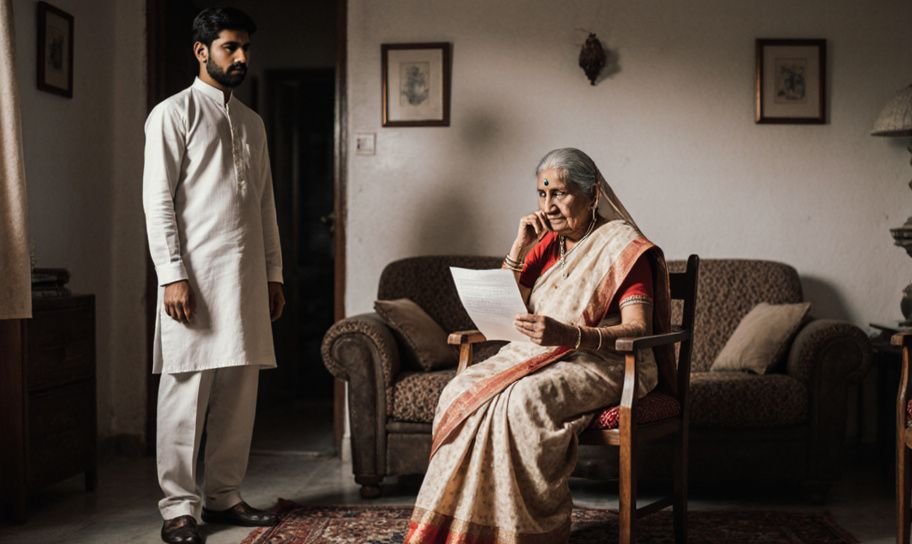
Ever wondered how family property arguments get tangled up in courts? Here's a fascinating case from the Bombay High Court that sheds some light on just that!
The case revolves around a property argument in the Bhamburkar family. It all started when Balaji Bhamburkar, who bought some properties way back in 1928, passed away in 1932 without leaving a will. His widow, Laxmibai, and their three sons divided the properties in 1953. Laxmibai got some properties to support herself, which she later gave as a gift to her grandson, Vinay.
Bhavana Krishnarao Bhamburkar and her siblings weren't too happy about this gift. They argued that the 1953 division was just a family agreement, not an official split, and that Laxmibai didn't have the right to give away the property. Their lawyer, Mr. Kshirsagar, claimed that Laxmibai only had the right to use the property during her lifetime, which couldn’t be passed on.
"Under the family agreement, only a lifetime use was given to Laxmibai," argued Mr. Kshirsagar.
On the other hand, Vinay's family, represented by Mr. Jachak, argued that Laxmibai had a right to the property for her support. This meant she became the full owner under the Hindu Succession Act of 1956, allowing her to give it as a gift.
"Laxmibai had a right to support from the properties of her husband," Mr. Jachak countered.
Judge Rohit W. Joshi examined the case and agreed with Laxmibai's right to fully own the property. The court found that Laxmibai was indeed the complete owner, thanks to her existing rights, and thus had every right to give the property to Vinay.
"Laxmibai was the complete owner of the property and had the right to give it as a gift," concluded Judge Joshi.
This case highlights the importance of understanding property rights, especially for women in India. It shows how interpretations of family agreements and existing rights can impact ownership.
In the end, the court dismissed the appeal, confirming that Laxmibai's gift to Vinay was legally valid. It's a reminder of how crucial it is to recognize and uphold the rights of women in property matters.